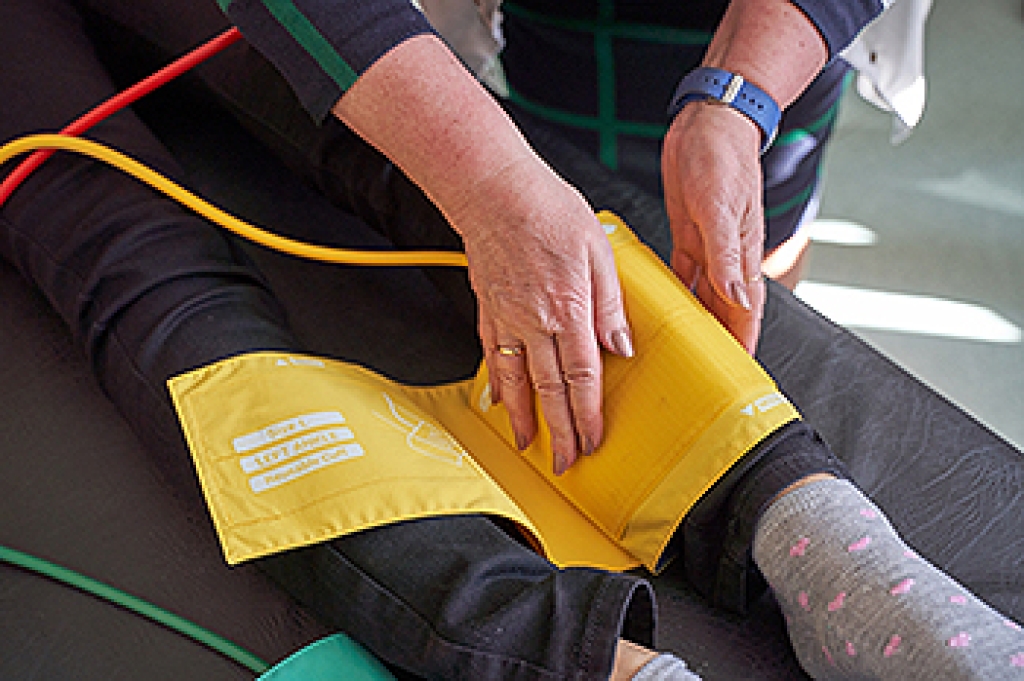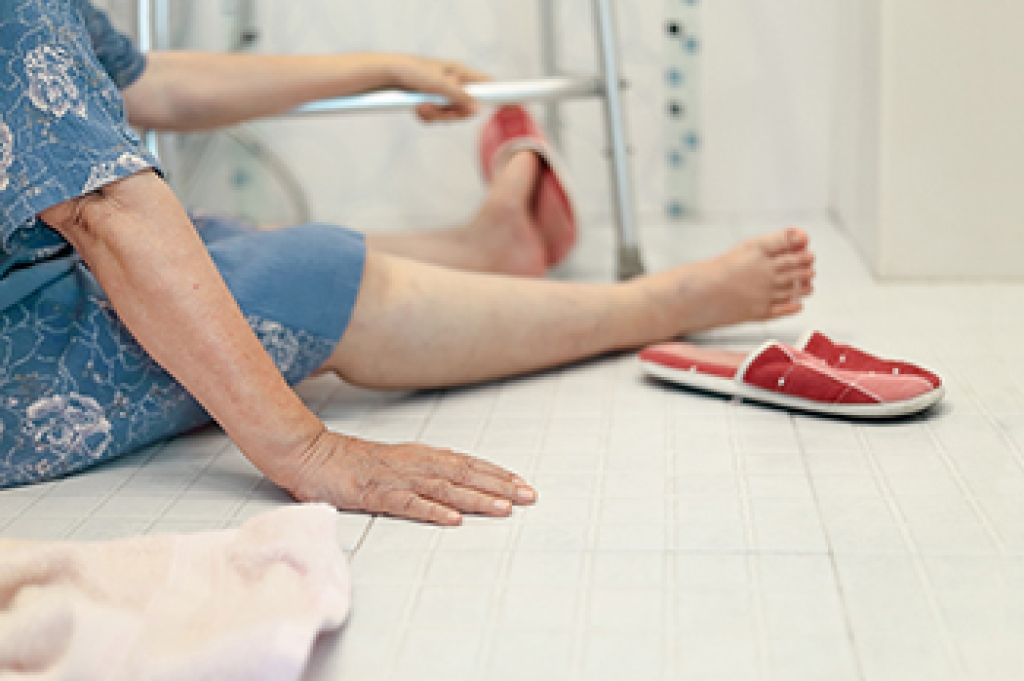
Peripheral artery disorders occur when circulation to the legs and feet becomes restricted because the arteries have narrowed or hardened. As blood flow decreases, the muscles and skin do not receive enough oxygen, leading to cramping during activity, fatigue in the calves, or a heavy feeling that improves with rest. Some people notice their feet feel cooler than usual or see wounds taking much longer to heal. These circulation problems often develop gradually and are influenced by aging, smoking, diabetes, high cholesterol, and high blood pressure. Recognizing the early signs matters because untreated poor circulation can lead to infections or chronic ulcers. With proper diagnosis, treatment options can improve comfort and help protect long-term mobility. If you notice persistent foot discomfort, numbness, or slow-healing sores, it is suggested that you see a podiatrist for an evaluation and appropriate care.
Peripheral artery disease can pose a serious risk to your health. It can increase the risk of stroke and heart attack. If you have symptoms of peripheral artery disease, consult with one of our podiatrists from Pima Foot and Ankle Surgery. Our doctors will assess your condition and provide you with quality foot and ankle treatment.
Peripheral artery disease (PAD) is when arteries are constricted due to plaque (fatty deposits) build-up. This results in less blood flow to the legs and other extremities. The main cause of PAD is atherosclerosis, in which plaque builds up in the arteries.
Symptoms
Symptoms of PAD include:
- Claudication (leg pain from walking)
- Numbness in legs
- Decrease in growth of leg hair and toenails
- Paleness of the skin
- Erectile dysfunction
- Sores and wounds on legs and feet that won’t heal
- Coldness in one leg
It is important to note that a majority of individuals never show any symptoms of PAD.
Diagnosis
While PAD occurs in the legs and arteries, Podiatrists can diagnose PAD. Podiatrists utilize a test called an ankle-brachial index (ABI). An ABI test compares blood pressure in your arm to you ankle to see if any abnormality occurs. Ultrasound and imaging devices may also be used.
Treatment
Fortunately, lifestyle changes such as maintaining a healthy diet, exercising, managing cholesterol and blood sugar levels, and quitting smoking, can all treat PAD. Medications that prevent clots from occurring can be prescribed. Finally, in some cases, surgery may be recommended.
If you have any questions, please feel free to contact our offices located in . We offer the newest diagnostic and treatment technologies for all your foot care needs.




